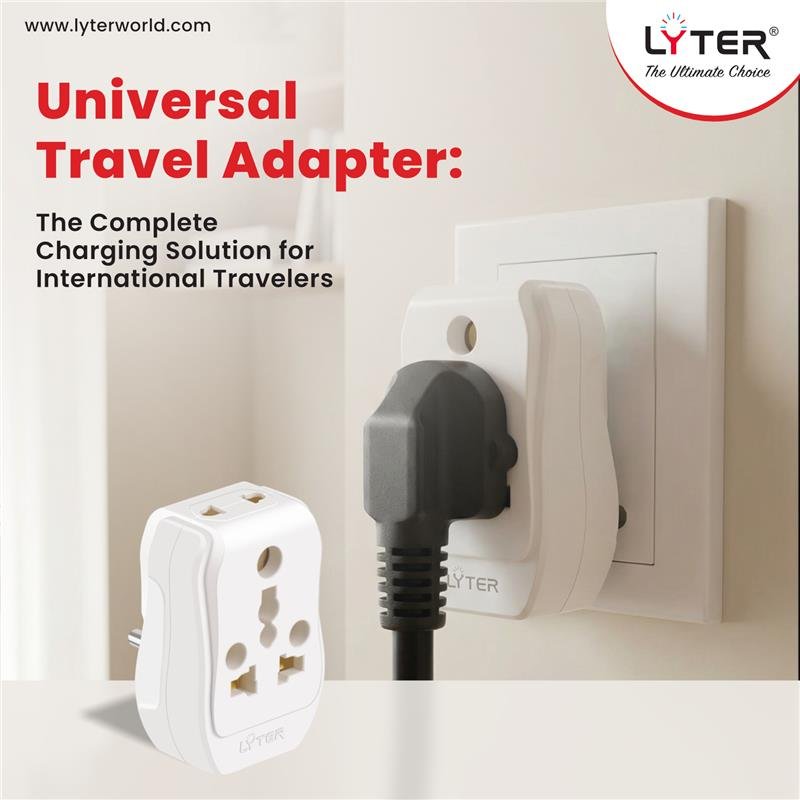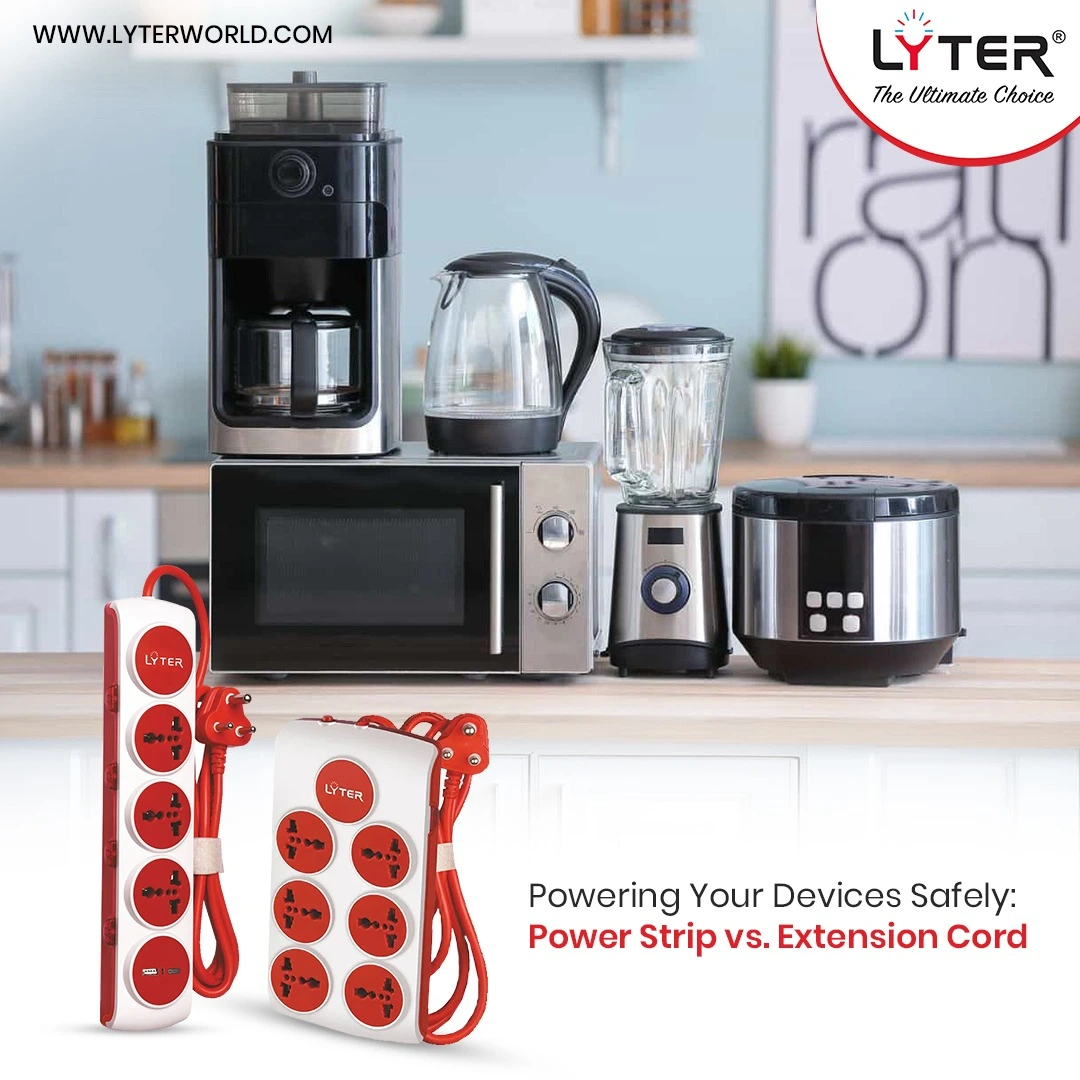Electrical wiring is the backbone of our homes and workplaces, quietly working behind the scenes to keep our lights on, devices charged, and appliances running smoothly. Just as the heart pumps blood to every part of the body, the electrical system sends power where it’s needed, from illuminating our rooms to keeping our refrigerators humming and our computers connected to the vast world of the internet.
The magic of electrical wiring transforms our living spaces into vibrant, functional habitats, making it possible to live, work, and play with ease.
This invisible network not only lights up our world but also brings warmth, safety, and convenience, underscoring its critical importance in our daily lives.
In this blog, we’ll discuss the basics of residential electrical wiring and their types, applications, and insights to help you navigate your electrical projects smoothly.
Understanding Your Home’s Electrical Needs
Before you proceed with wiring, it’s crucial to understand your home’s electrical demands. This involves knowing:
- The types of appliances and devices you’ll be powering
- Their energy requirements
- How they align with your lifestyle
Are you a tech-savvy household with numerous gadgets, or do you prefer a more minimalistic approach? Your answer will significantly influence your wiring choices.
Also, consider your daily routines and habits:
- Do you often find yourself multitasking with various electronic devices?
- Do you prefer a more straightforward setup?
Understanding your lifestyle will help determine the number of outlets needed in each room and the placement of switches for optimal convenience.
Additionally, consider any future upgrades or renovations you may have in mind, as this will impact your wiring decisions. By taking these factors into account, you can ensure that your electrical system caters to your specific needs both now and in the future.
In many electrical wholesale online India shops, you’ll find a wide range of high-quality electrical wiring. These shops offer everything you need, from cables to accessories, and this is all at affordable prices. They offer extensive selections from which you can easily find the perfect wiring solutions for your projects, ensuring safety and efficiency in your electrical installations.
Wire Types and Their Applications
There are several types of electrical wires, each suited for different purposes within your home:
- Non-Metallic (NM) Cable: Also known as Romex, this is the most common type of home electrical wiring. It’s easy to install and suitable for dry, indoor spaces.
- Underground Feeder (UF) Cable: Similar to NM cable but designed for underground and wet locations, UF cable is perfect for outdoor lighting or supplying power to a shed.
- THHN/THWN Wire: These letters represent the wire’s coating properties and temperature rating. THHN/THWN wires are used in conduits and are ideal for exposed or outdoor areas where durability is crucial for electrical wiring.
Gauge Matters: Choosing the Right Size
The thickness of a wire, or gauge, directly impacts how much current it can safely carry. It’s imperative to choose the correct gauge to prevent overheating and potential fires. Here’s a quick guide:
- 14-AWG: Suitable for most lighting circuits.
- 12-AWG: Best for outlets and general home circuits.
- 10-AWG and thicker: Used for heavy-duty appliances like air conditioners and electric ranges.
Choosing the right wire gauge is crucial for maintaining electrical safety and preventing hazards in your home. By understanding the appropriate gauge for different applications, you can ensure that your electrical system operates efficiently and effectively.
Considering the Future
As technology advances, so do our homes. Opting for slightly higher-capacity wiring than what you currently need can save you time and money in the long run. It’s a small step towards future-proofing your home for new technologies or appliances you may acquire.
If you overlooked some aspects, there’s an easy fix: power strip extension cords. Many reputable companies offer these cords in various stylish, aesthetic, and practical designs. This means you won’t need to constantly update your home’s wiring to keep up with technological advances.
Safety First: Regulations and Compliance
When it comes to electrical wiring, there is no such thing as too much safety. Always follow local building codes and regulations. Consider hiring a professional electrician to ensure your wiring meets all safety standards. They can also give helpful insights based on your individual requirements.
- Always follow local building codes
- Hire a professional electrician
- Never overload circuits
- Inspect wires regularly for wear/damage
Energy Efficiency and Eco-Friendliness
Choosing the right wiring isn’t just about safety and capacity; it’s also an opportunity to enhance your home’s energy efficiency. Consider:
- Options that reduce energy loss
- Materials that are environmentally friendly
- Planning for energy-efficient appliances
Your home electrical wiring choices can have a significant impact on your carbon footprint and electricity bills.
The Professional Touch
While understanding the fundamentals is beneficial, most people do not attempt to do electrical work on their own. Hiring a certified electrician guarantees that your home’s electrical system is safe, efficient, and code-compliant. They may also recommend the best materials and procedures for your particular scenario.
Choose the Best Wiring Solution from Lyter
Selecting the right electrical wiring for your home boils down to understanding your current and future needs, knowing the different types of wiring available, and prioritizing safety and efficiency. Remember, this isn’t just about powering your home today; it’s about creating a safe, efficient, and adaptable environment for years to come. Your home and everyone in it deserves nothing but the best.
Looking for the best electrical wiring for your residence elevates your approach to achieving a safe, efficient, and future-proof electrical system. Lyter is the perfect solution for you. We specialize in innovative wiring technologies designed to adapt to both current and evolving electrical demands.
With a focus on safety, energy efficiency, and ease of use, our solutions are engineered to meet the highest standards of quality and durability. By choosing Lyter, you’re not just installing wiring; you’re investing in a smart electrical infrastructure that can accommodate tomorrow’s innovations, ensuring your home remains equipped for advancements in technology while keeping energy consumption and costs down.
Our expert team is always on hand to provide guidance, ensuring that you make an informed decision that aligns with your home’s needs and your environmental values.








